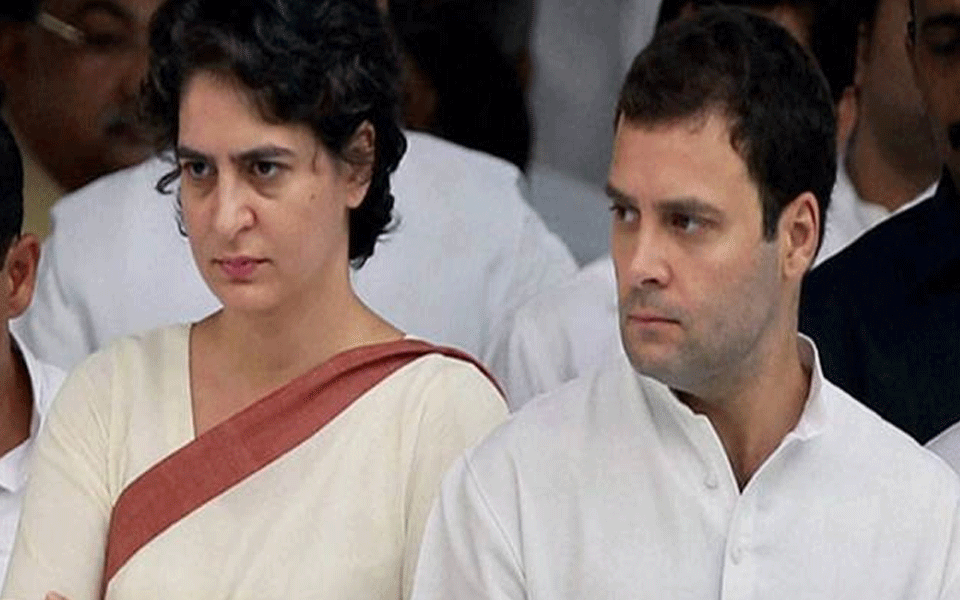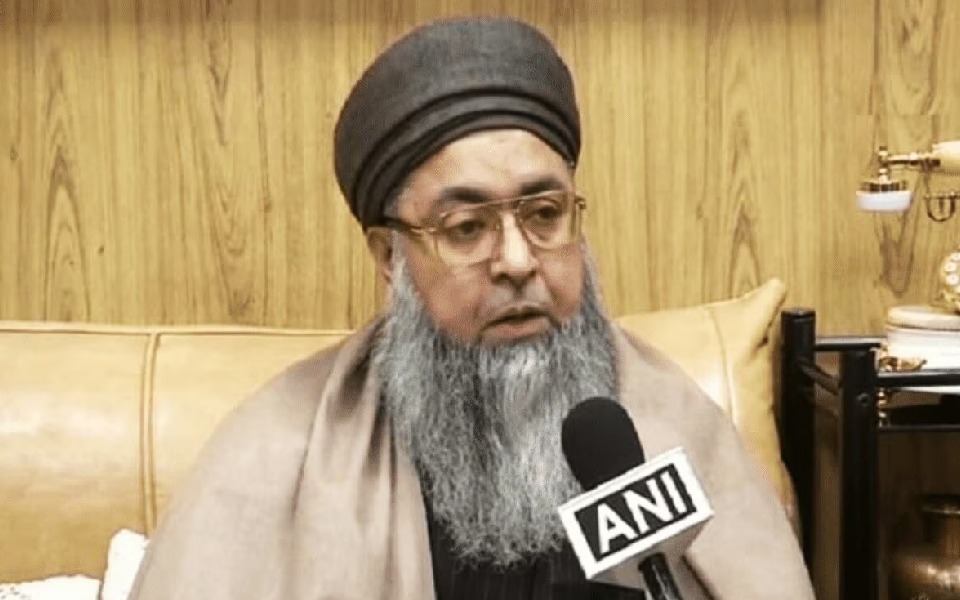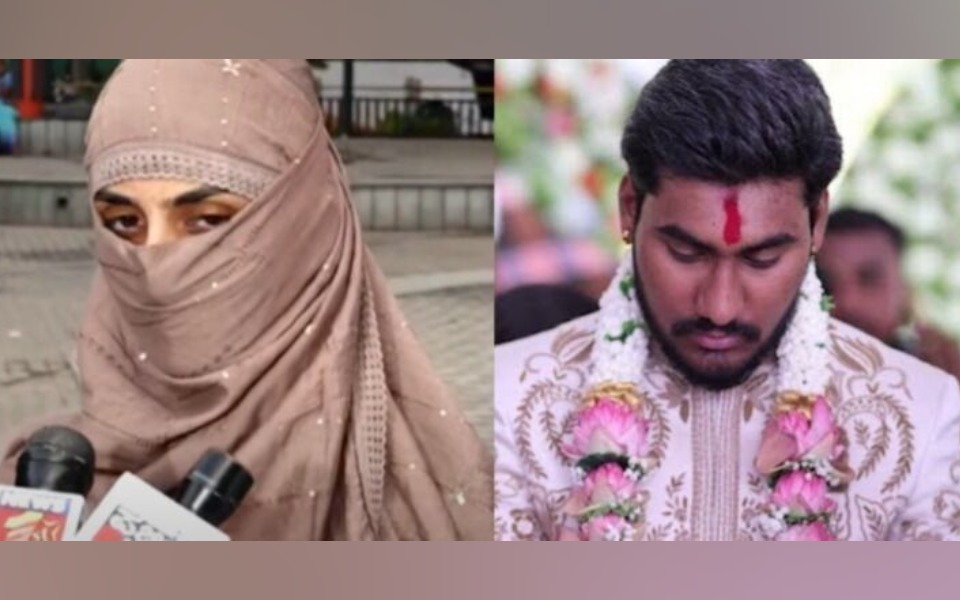New Delhi, Dec 16: A number of opposition leaders are understood to have reservations over naming any prime ministerial nominee for the opposition alliance for 2019 Lok Sabha elections, sources in the opposition camp said.
This came on a day DMK president M K Stalin said Congress chief Rahul Gandhi should be made the prime ministerial candidate of the opposition as he has the ability to defeat the BJP.
"A number of opposition leaders are understood to have reservations against naming anyone as the prime ministerial face. The SP, TDP, BSP, TMC, and NCP disagree with Stalin's announcement. It is premature. The PM name is to be decided only after the Lok Sabha results," a top opposition leader said.
DMK chief M K Stalin Sunday made a strong pitch for Rahul Gandhi as the prime ministerial candidate of the Opposition for the 2019 Lok Sabha polls, saying the Gandhi scion had the ability to defeat the "fascist" Narendra Modi government.
Stalin's plea is in line with the tradition of his late father M Karunanidhi who had earlier invited Indira Gandhi and Sonia Gandhi for leadership roles.
The DMK president was speaking at a rally attended by chief ministers of Andhra Pradesh and Kerala, N Chandrababu Naidu and Pinarayi Vijayan, respectively.
Incidentally, Naidu, post his split with the BJP-led NDA earlier this year, is attempting to cobble up a mega coalition of anti-BJP front for the next parliamentary elections.
Stalin recalled that Karunanidhi had in 1980 declared "Welcome daughter of Pandit Nehru. Give a Stable Regime" while extending support to the late Indira Gandhi. Similarly, he had made an invitation to Sonia Gandhi in 2004, saying "Welcome daughter-in-law of Indira Gandhi, India's daughter should Win".
"In 2018, on the occasion of unveiling Thalaivar Kalaignar statue, I propose, we will install a new prime minister in Delhi. We will build a new India, as the Son of Thalaivar Kalaignar, I propose the candidature of Rahul Gandhi from Tamil Nadu," Stalin said.
"Rahul has got the ability to defeat the 'Fascist Nazist' Modi government. I appeal to all my respected party leaders on the dais. We will strengthen the hands of Rahul Gandhi. We will save this nation," Stalin said.
Let the Truth be known. If you read VB and like VB, please be a VB Supporter and Help us deliver the Truth to one and all.
New Delhi: In a rare and widely discussed outreach, Rashtriya Swayamsevak Sangh (RSS) chief Mohan Bhagwat met over 50 Muslim religious leaders and scholars at Haryana Bhawan in New Delhi on Thursday. The three-and-a-half-hour meeting was hosted by Umer Ahmed Ilyasi, the Chief of the All-India Imam Organisation, and is being described by some as an effort to build bridges between India’s majority and minority communities.
But Ilyasi, who facilitated this high-profile interaction, is no stranger to public attention—or controversy. His political and religious statements over the years have drawn criticism from several quarters within the Muslim community, prompting fatwas, threats, and frequent allegations of pandering to majoritarian narratives.
The meeting with Bhagwat, which included representatives from Deoband Madrasa, the Chief Imams of Gujarat and Haryana, and the Grand Muftis of multiple states, was framed as a trust-building initiative. “We may follow different faiths, but we are all Indians,” Ilyasi told IANS, describing the dialogue as a platform to promote national unity and social cohesion.
However, many observers have noted that this is not the first time Ilyasi has aligned himself with positions that are seen as diverging sharply from mainstream Muslim sentiments.
Statements That Stirred Reactions
In 2017, speaking to reporters in Indore, Ilyasi called for a nationwide ban on cow slaughter and demanded that the cow be declared a national animal. While he also condemned mob lynchings related to beef consumption suspicions, his support for a uniform cow protection law was received critically within sections of the Muslim community, where beef consumption remains culturally and religiously permissible.
His support for the ban on mosque loudspeakers during a 2022 interview with ANI was another instance that did not sit well with several Muslim clerics and organisations. Around the same period, he controversially linked the Karnataka hijab row to interference from “foreign bodies and terror groups like Al-Qaeda,” saying such events were attempts to “malign the country.”
In March 2025, on the occasion of Eid-ul-Fitr, Ilyasi released a video urging Muslims not to offer prayers on public roads, calling instead for discipline and restraint in religious observances. While the appeal may appear practical to some, others saw it as aligning with growing pressure from right-wing groups who object to public prayers by Muslims.
The backlash against Ilyasi’s public statements has been strong and visible. In January 2024, after his visit to the Ram Mandir ceremony in Ayodhya, a group of muftis issued a fatwa against him, branding him a ‘kaafir’ (infidel) and demanding an apology. Ilyasi dismissed the criticism, stating bluntly that India is not an Islamic state and Sharia law does not apply here.
His earlier praise for Mohan Bhagwat in September 2022, calling the RSS chief the “Rashtra Pita” (father of the nation) and “Rashtra Rishi” (national sage), had sparked severe backlash and even death threats. Multiple reports confirm he received “Sar Tan Se Juda” (beheading) threats from within the Muslim community. Despite these, Ilyasi stood firm, publicly saying that those who could not tolerate his stand “should perhaps go to Pakistan.”
While Ilyasi holds the position of Chief Imam of the All India Imam Organisation, critics point out that the organisation is not widely representative of India’s diverse and decentralised Muslim religious leadership. Many prominent Muslim groups, including those from Deoband and Barelvi backgrounds, have either distanced themselves from his remarks or remained silent on his engagements.
He has also made headlines in the past with statements that left many confused. In one interview, he controversially claimed that Muslims are descendants of Lord Krishna, a remark that drew sharp reactions across religious lines and lacked theological grounding.
The recent meeting with the RSS, timed with the Sangh Parivar’s centenary celebrations and the 50th year of Ilyasi’s organisation, signals a broader strategy at play. While the optics may suggest communal harmony, critics say such outreach efforts often come with political subtext, especially when facilitated by figures with a record of leaning into government-aligned narratives.
During the Thursday meeting, according to sources, no specific issues such as the Gyanvapi case or hijab row were discussed. Instead, themes like national integration, social unity, and ongoing dialogue between communities were explored. Ilyasi later stressed that the meeting was not a conclusion, but a beginning of sustained engagement.
In the current climate of increasing religious polarization, the role of clerics like Umer Ahmed Ilyasi is bound to provoke debate. For some, he remains a divisive figure, whose positions do not reflect the broader concerns of Indian Muslims.





